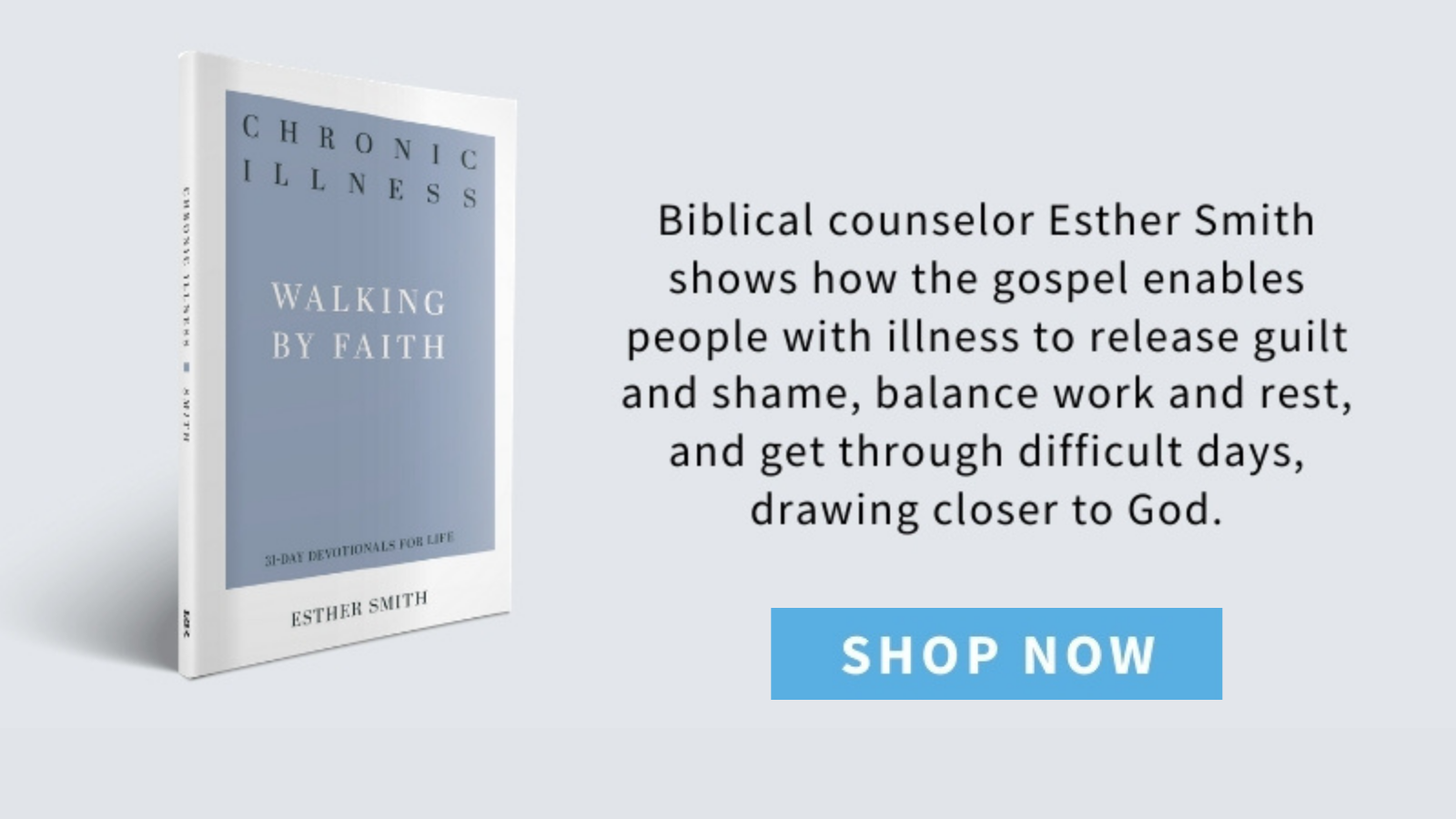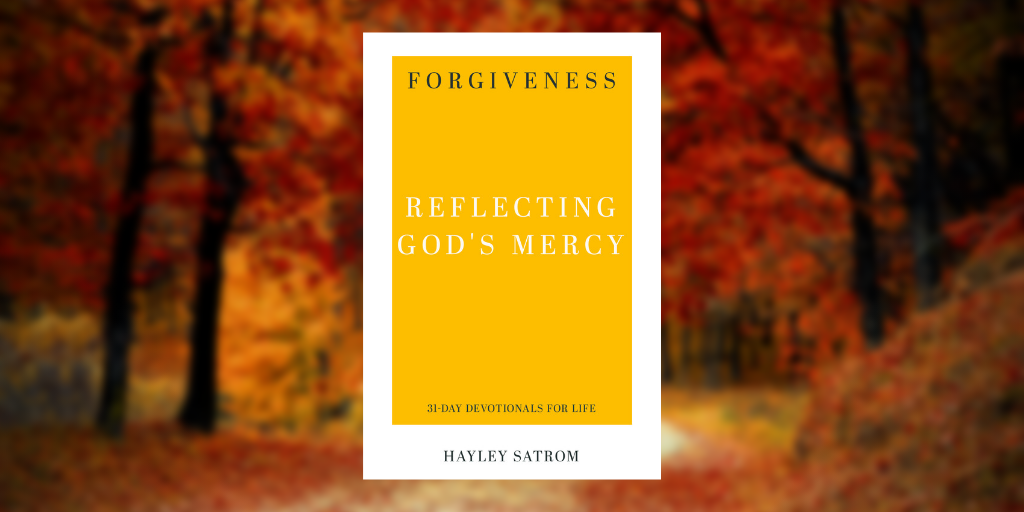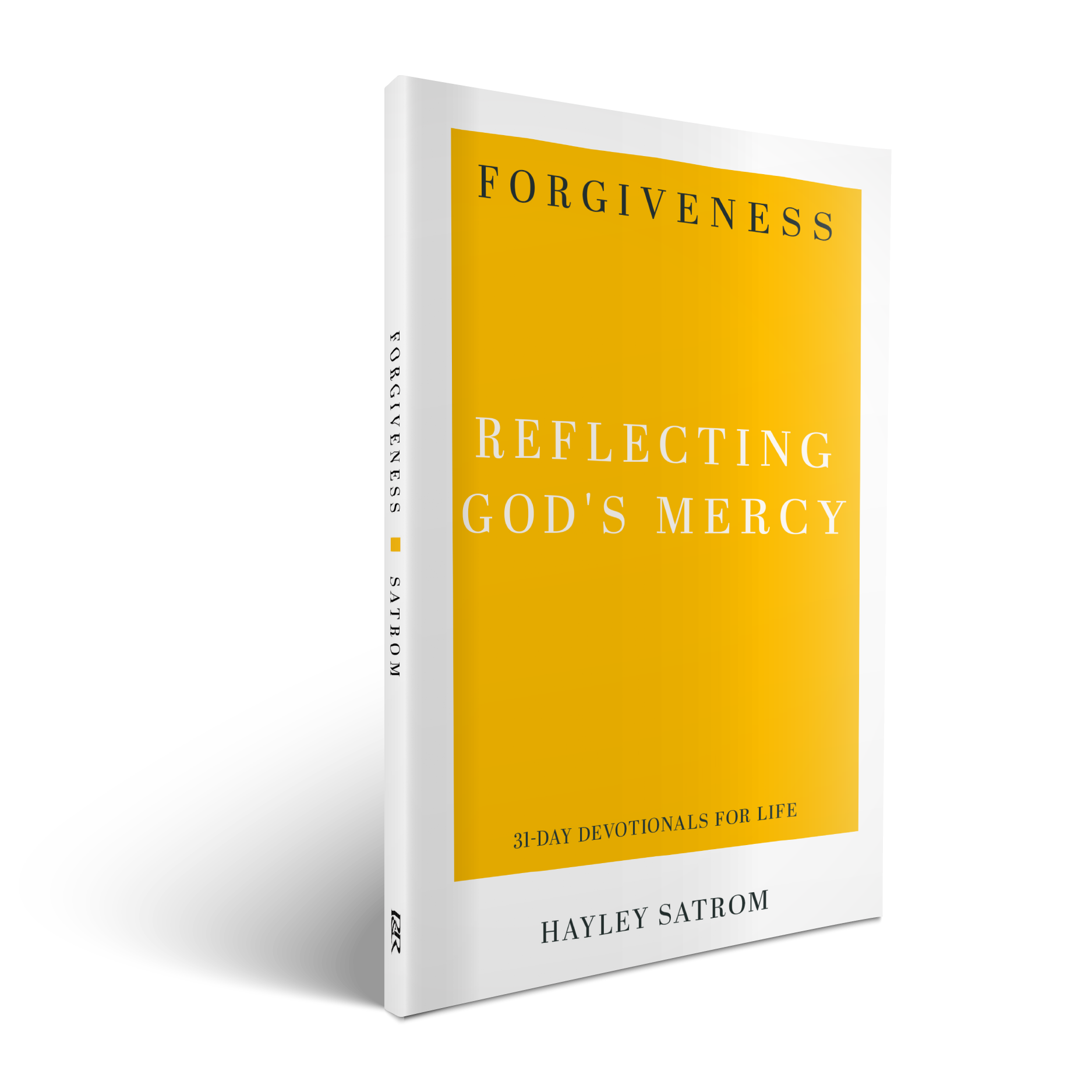WE ARE VERY EXCITED TO BE RELEASING THESE 3 NEW TITLES TODAY:
- What about Evil? A Defense of God’s Sovereign Glory by Scott Christensen
- Immanuel Kant by Shao Kai Tseng
- Gilles Deleuze by Christopher Watkin

What about Evil? A Defense of God’s Sovereign Glory by Scott Christensen
576 pages | Hardcover | P&R Direct Price: $39.99 $30.00 | SAMPLE CHAPTER | Mobi: $34.99 | ePub: $34.99
About
Reconciling the existence of God and evil has been a long-standing conundrum in Christian theology, yet a philosophical approach—rather than a theological one—dominates the discussion. Turning to the Bible’s grand storyline, Scott Christensen examines how sin, evil, corruption, and death fit into the broad outlines of redemptive history. He argues that God’s ultimate end in creation is to magnify his glory to his image-bearers, most notably by defeating evil through the atoning work of Christ.

Endorsements
“Scott Christensen has a real gift for answering difficult theological questions plainly, thoroughly, and above all biblically—with colorful, engaging writing that readers at practically any level can easily comprehend and learn from. If you’re troubled by the question of why a good and omnipotent God would create a universe that includes evil—or if you are a Christian struggling to explain the problem of evil to someone else—you will greatly benefit from this book.”
—John MacArthur, Pastor-Teacher, Grace Community Church, Sun Valley, California; Chancellor Emeritus, The Master’s University and Seminary
“Christians take the problem of evil more seriously than anyone else. This book avoids simplistic philosophical solutions. Instead, the author appreciates that the historical fact of Christ’s incarnation, life, death, resurrection, and return provides the only hope when we just don’t know all the answers.”
—Michael S. Horton, J. Gresham Machen Professor of Systematic Theology and Apologetics, Westminster Seminary California
“Christensen gets beyond the more traditional approaches to the problem [of evil] by reminding us that God’s wisdom pervades everything he ordains so that the very existence of evil serves his purpose of maximizing goodness and glorifying himself. Of course, Romans 8:28 and other verses say that this is true. But Christensen shows us how it is true. . . . I commend this book to readers who seek a serious and thoughtful treatment of this issue.”
—John M. Frame, Professor of Systematic Theology and Philosophy Emeritus, Reformed Theological Seminary, Orlando
“Why is there evil in the world? Scott Christensen shows that this difficult question is bound up with two larger questions: ‘Why did God make the world?’ and ‘Why did God the Son become a man and suffer evil?’ Scripture gives the ultimate answer: to manifest the glory of God. Christensen’s articulate, inspiring, and gospel-driven presentation of the ‘greater-glory’ theodicy explores a significant way that God’s Word addresses the problem of evil to strengthen our faith and evoke our worship.”
—Joel R. Beeke, President, Puritan Reformed Theological Seminary, Grand Rapids, Michigan
Immanuel Kant by Shao Kai Tseng
232 pages | Paperback | P&R Direct Price: $15.99 $12.00 | SAMPLE CHAPTER | Mobi: $9.99 | ePub: $9.99
About
Immanuel Kant (1724–1804)
Immanuel Kant’s stature in the history of Western philosophy is almost unparalleled, and his sophisticated, complex works have impacted us in profound ways we barely recognize today.
Because his system of philosophy led to the secularization of society, Kant has often been considered a modern archenemy of Christianity. Writing firmly in the Reformed tradition, philosophy professor Shao Kai Tseng offers a reinterpretation and critical appreciation of his thought that shows his significance in art, science, and modern conceptions of human dignity, gives an overview of his philosophy, and closes with a critique from an orthodox Reformed perspective.
Endorsements
“Immanuel Kant is unquestionably one of the most significant and influential figures in the history of philosophy. Summarizing and assessing his thought in a concise, accessible, and responsible fashion is no easy task, yet Alex Tseng has accomplished it. While offering his own distinctively Reformed critique of Kant’s philosophical system, Tseng exemplifies scholarly integrity by challenging and correcting what he takes to be some interpretive missteps by earlier Reformed writers. The result is a fresh and thought-provoking introduction to a titan of Western philosophy.”
—James N. Anderson, Carl W. McMurray Professor of Theology and Philosophy, Reformed Theological Seminary, Charlotte
“Immanuel Kant’s influence reaches far beyond that of nineteenth-century theologians, and contemporary scholars are still considering the ways in which religion and philosophy interact in his approach. In this excellent introduction to Kant’s work, Alex Tseng illuminates Kant’s ideas and contributions with pertinent and broad-ranging philosophical and religious back-ground, particularly on how Kant influenced theology as science. Even readers familiar with Kant will benefit from this fine neo-Calvinist response to one of the greatest and most influential figures in Western philosophy.”
—Annette G. Aubert, Lecturer and Visiting Scholar of Historical Theology and Church History, Westminster Theological Seminary
“This short book packs a punch. In it, Tseng moves from historical exegesis to constructive theologizing, all the while in an accessible style, and with a clear commitment to his own branch of the Reformed tradition. For Reformed Christians looking both for a primer on Kant and for a guide to how their tradition might equip them to interact with him, this book makes a very useful contribution.”
—James Eglinton, Meldrum Senior Lecturer in Reformed Theology, University of Edinburgh

Gilles Deleuze by Christopher Watkin
208 pages | Paperback | P&R Direct Price: $15.99 $12.00 | SAMPLE CHAPTER | ePub: $9.99
About
Gilles Deleuze (1925–1995)
Gilles Deleuze gives us a sophisticated account of what happens to truth and ethics in a system that does not rely on God—and his thought makes visible how our society understands everything from knowledge and truth to sexuality and identity.
Christopher Watkin, a scholar of French literature and philosophy, presents Deleuze’s work in a way that is accessible to non-philosophers and brings his writing into sustained conversation with prominent biblical themes and with motifs from Reformed theology. As you engage with Deleuze’s thought, you will discover a model of cultural engagement that you can use to understand any contemporary or historical thinker or school.
Endorsements
“Watkin affords the Christian believer another fine entrée to participate in the philosophical life to which all humans are born: to understand both how Gilles Deleuze profoundly voiced our time, and also how very cool (adding to Peter Leithart’s designation of ‘weird’!) is the philosophizing that Christianity engenders. Christianity’s welcoming approach of the gospel breaks in and breaks open human thought and culture, as David Kettle describes it, winsomely rendering it more itself than it could otherwise be. And that’s true of Deleuze just as it was of Plato.”
—Esther Lightcap Meek, Professor of Philosophy, Geneva College; Author, Loving to Know: Introducing Covenant Epistemology
“A dear friend of mine in France seriously questioned his faith by reading Gilles Deleuze. He did return to the gospel, but might have done so sooner had he been able to read Watkin’s excellent volume. The author carefully and masterfully introduces us to Deleuze. One of the philosopher’s great appeals is his creative alternatives to typical atheism. Some of it sounds Christian: his celebration of difference; his critique of the chain of being; his appeal to dynamic, rather than static, ways of living. But it all ends up a brilliant caricature, and Watkin helps us see where Deleuze misses the boat. To boot, his presentation of the Christian worldview is marvelous. Why should any of this matter? If you think you have not been influenced by French poststructuralism, you need to think again. It’s in the cultural air we breathe. Watkin helps us clear away the smog. As someone I sat next to during a rather technical speech told me: ‘I don’t understand a lot of this, but I’m glad the speaker is on our side!’ Watkin does understand it, and he is on our side.”
—William Edgar, Professor of Apologetics, Westminster Theological Seminary
“Cutting through the often-impenetrable language of French poststructuralism, Chris Watkin has done us all a service. Few philosophers of the past fifty years have carried forward Nietzsche’s ‘inverted Platonism’ (i.e., nihilism) more compellingly than Deleuze. Besides letting Deleuze’s own views come through clearly, Watkin supplies an astute critique and hopeful alternative in Christian eschatology.”
—Michael Horton, J. Gresham Machen Professor of Systematic Theology and Apologetics, Westminster Seminary California







